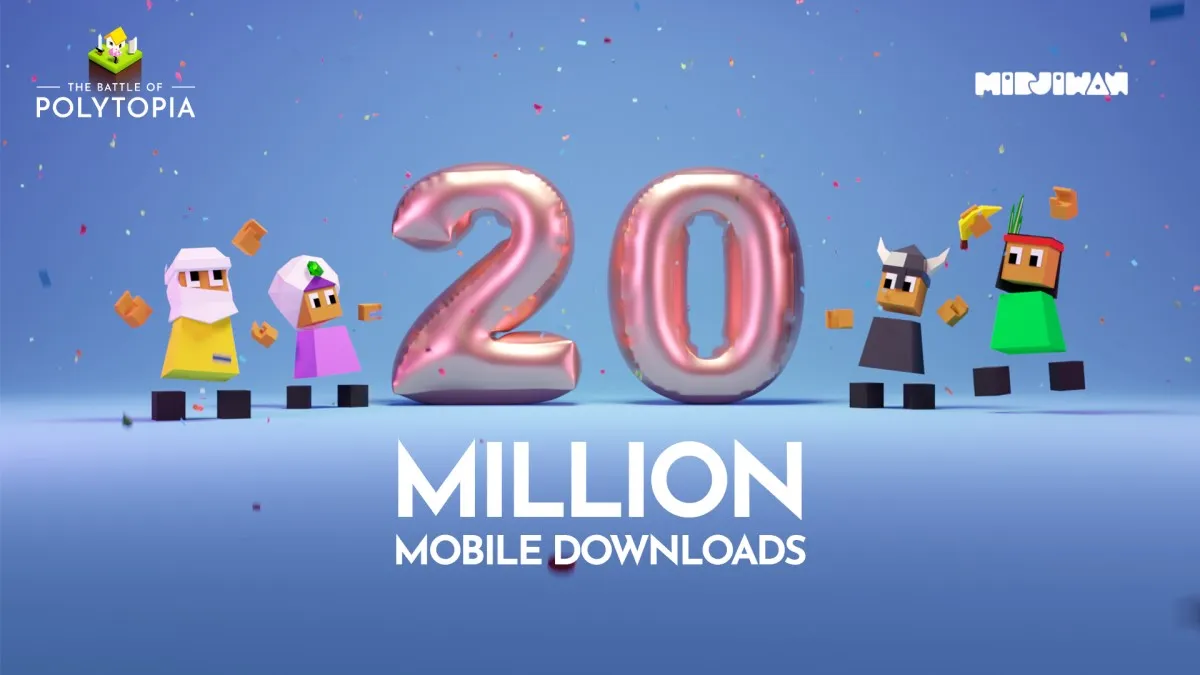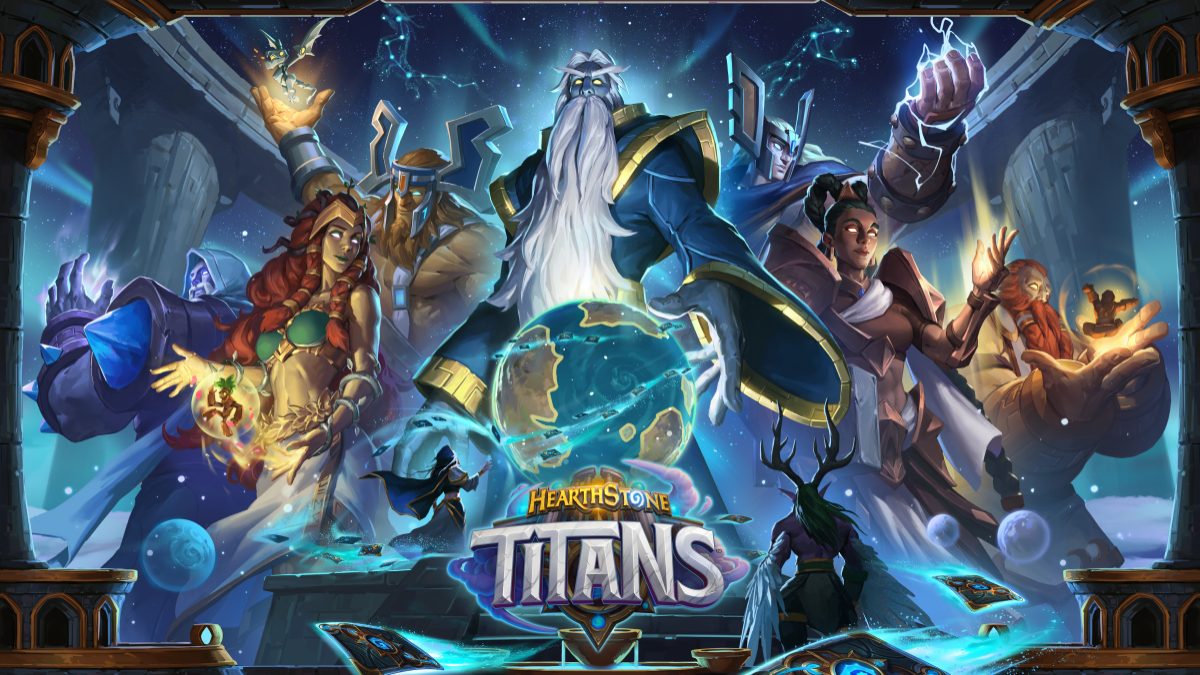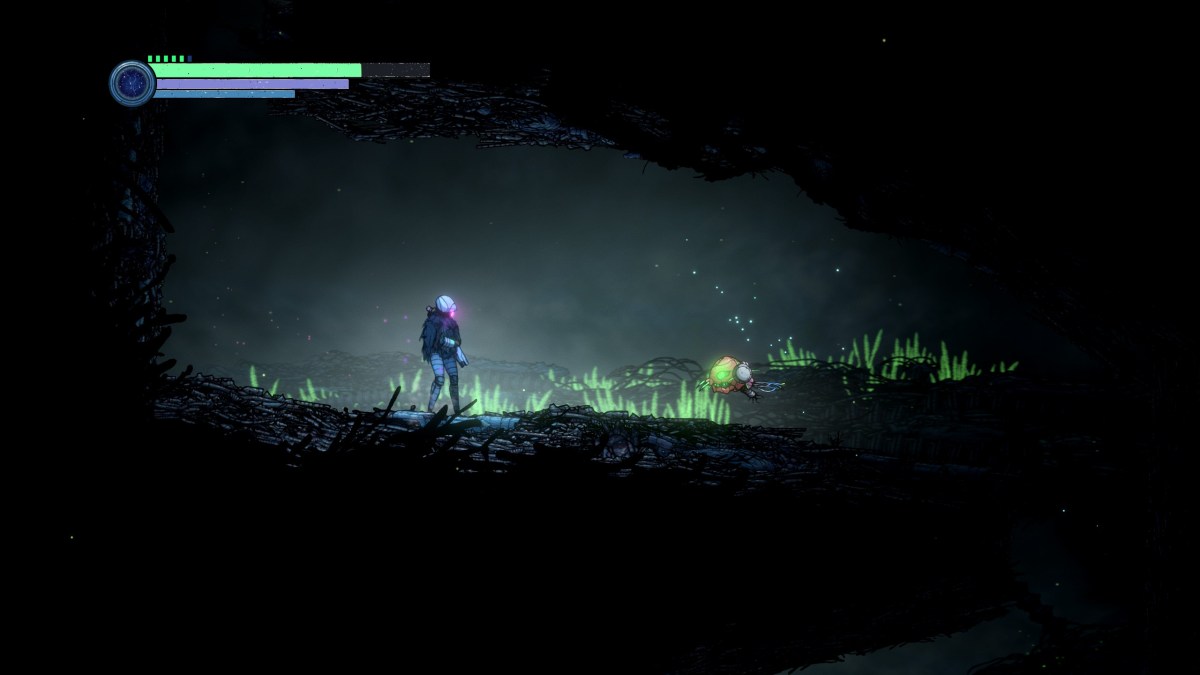IncGamers’ Tamer Asfahani caught up with Kathie Flood from the newly formed Cascade Game Foundry to find out about the company formed from the ashes of Microsoft’s Aces Studio. Oh and how you make a game about hiking the Great Wall of China. Is it a relief working on your own projects, now that you’ve left Microsoft?
Working on our own projects is proving to be an exciting challenge and an enlightening learning experience, to say the least.
Were you limited to what you were doing at Microsoft? Do you feel like you have more creative freedom now?
“Limited” implies a problem of some kind, which isn’t quite accurate. We were working on award-winning, profitable franchises that had entrenched audiences and built-in expectations. It can be challenging to reinvigorate a product line when you are operating from such a position of strength. What we love about starting our own company and product line is that we have the opportunity to start with a clean slate, to say “What will delight our users? How can we use new technologies and new designs to thrill them, enchant new users, and rejuvenate the genre?” We are having a fantastic time figuring this out.
Was there anything you wanted to do that you couldn’t do at Microsoft that you’re pursuing now?
Our team loved working on the Microsoft Train Simulator and Flight Simulator franchises. We consider ourselves very fortunate to have had the opportunity to work on those titles, and we learned a tremendous amount along the way. With our new company, we’re still passionate about delivering best-of-breed simulation experiences, but we’re also excited to try some new things. Simulation titles have traditionally been all about driving vehicles like planes or trains. We want to broaden our approach to include new sorts of exploratory activities while still preserving the traditional elements that make simulation games so compelling to so many people.
We’ve heard that you’re doing some pretty bizarre simulator games, like Walking the Andes and the Great Wall of China. Who is the audience and how do you plan to engage them?
If you think of the concept of simulation, there’s no rule that says these sorts of games have to involve a vehicle as the main focus of gameplay. Many of the ideas we’re contemplating have a potentially large appeal to a wide variety of people. If you think about a location like Machu Picchu, there are a lot of limitations for many people who might want to visit a location like this. Perhaps health conditions, financial limitations, or even the desire to have a low carbon footprint prohibit them from traveling to Peru and ascending the mountain. But that doesn’t mean people don’t have a desire to see and explore places like this. We want to see how we can leverage these sorts of experiences into the simulation concept to create enjoyable gameplay for a wide variety of people.
Where is the studio heading and will you continue to produce flight sims?
Currently, we’re extremely busy following up with all the great leads that have come in since our press release last month. We are working on demos that illustrate what our team can deliver – very cool concepts – but we’re not ready to share our product portfolio plans just yet.
Do you think there’s a risk that PC gaming is becoming ‘dumbed down?’ Is there still a market for thre hardcore sim or are you forced to make the game accessible to a larger audience?
The tension between reality and fun in simulations is always tricky to balance. We think that fundamentally, this is a design challenge. We understand how important the hard-core simulation audience is to any sim title. We also understand that traditional sim titles struggled to appeal to a more casual audience. We don’t think these concepts are mutually exclusive. We believe you can build a gameplay experience that can appeal to hard-core users, and still provide a fun, lightweight experience for the more casual set, all in the same product. The challenge comes in how you design these experiences and enable your users to access the type of experience they want. We understand this vision and plan to build these options into our products from the beginning.
How do you think the sim market has evolved and will you need to amend the business model to incorporate technologies such as virtual reality and 3D screens?
Generally, simulations have focused more on satisfying their hardcore fanbase than trying to expand their audience. This has resulted in bigger and bigger production costs for games that appeal to the same core group of people. We believe it is possible to build a foundation for the hardcore that can be leveraged to deliver long-term gameplay for both hardcore and casual audiences. Part of this foundation involves robust customization tools, online capabilities, and social media integration.
Re: virtual reality and 3D screens… simulations should always be open to supporting cutting-edge technologies, but the focus must be on the overall experience you are providing to your players.
Do you find the market and audience are a lot more dismissive of games they have to spend time with?
The games business is a funny industry… often people don’t know what they want until they see it. More people than ever are playing games, but there’s a huge gap between the big-budget first-person shooters and the latest casual online game. In between these two extremes, we see huge opportunity. Breakthrough games deliver on a vision that would never have come up in a corporate focus group. There has been a long run of me-too sequels, and we believe people are ready for the revolutionary experiences we can deliver.
What project are you working on now?
We are not ready to announce our first product yet. Please stay tuned!






Published: Nov 23, 2009 02:33 pm